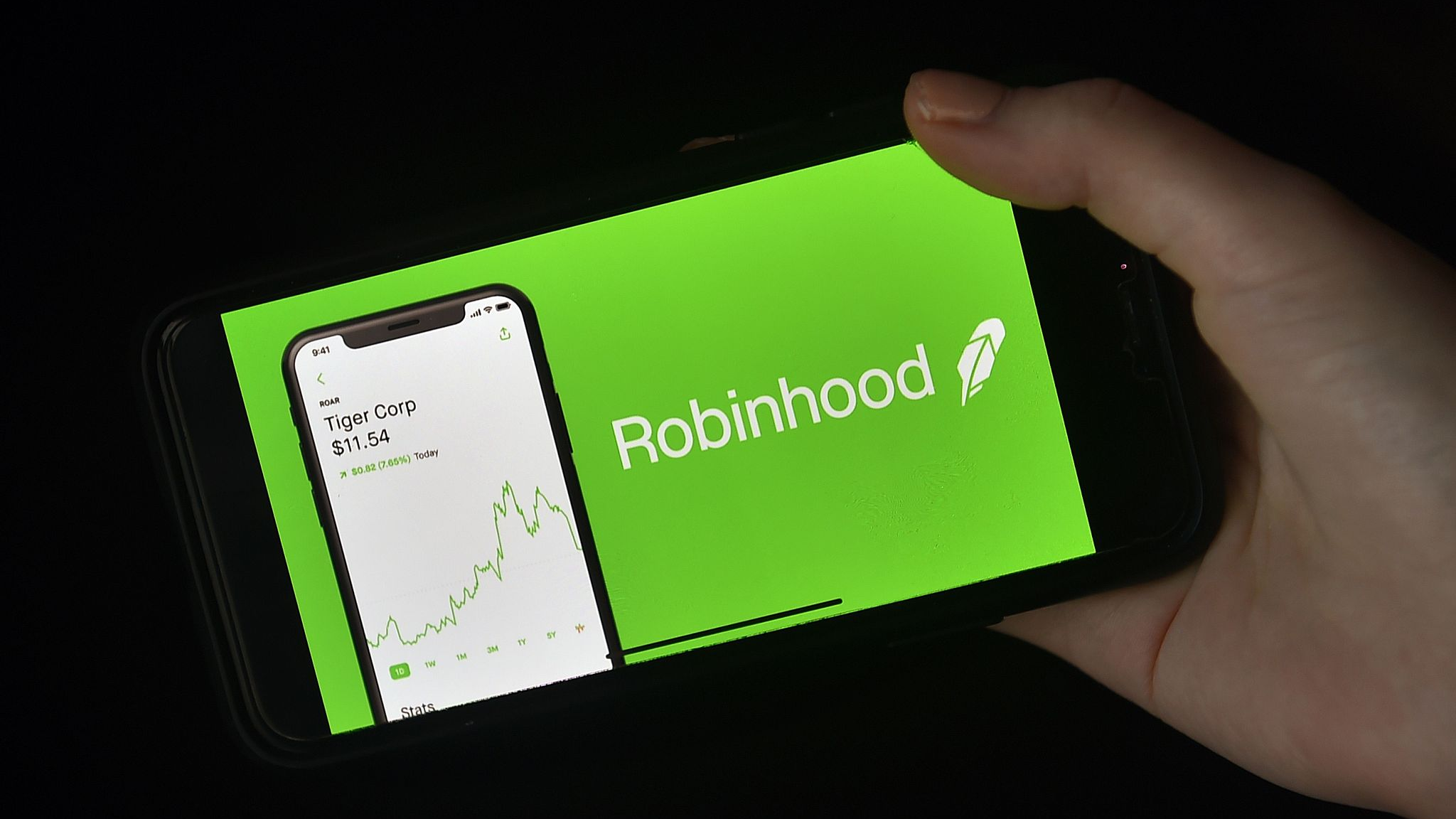
Editor's note: Yannan Collins is a consultant with a media background based in the United States. The article reflects the author's opinions, and not necessarily the views of CGTN.
When it comes to Gamestop, most of us may know a story like this: a group of bullish Redditors bid up the stock price of Gamestop, resulting in billions of losses to some Wall Street hedge funds who bet against Gamestop; Robinhood, the popular brokerage app and also the platform of those Redditor's choice, halted the buying of Gamestop once this frenzy hit the national headline - people were outrageous, thinking the game was rigged.
Bearing lots of questions, Congress held a hearing on February 18, in which CEOs of Robinhood, Citadel, Reddit, and Melvin Capital were grilled by lawmakers from both political parties.
One focus during the hearing was why Robinhood suspended trading of Gamestop and other so-called meme stocks. Critics called the halt of the trading the manipulation of the market for a reason: Melvin Capital, Gamestop's biggest short seller, received $2 billion in bailouts from Citadel, who happened to buy Robinhood's order flow.
Keeping the stock price low would prevent further loss to those two hedge funds and surely the price dropped after Robinhood halted the buying. Looks like Robinhood stood with the suits to squash a populist rebellion.
On the other hand, Robinhood explained that it needed to stop the trading to gather a security deposit of $3 billion to National Securities Clearing Corporation to back up trades. It "played by the book," according to its CEO at the hearing.
Though Securities and Exchange Commission (SEC) has approved the legitimacy of the move, whether the process has benefited the hedge funds became the key issue. The hedge funds that lost the most, namely Point 72, Melvin Capital, and Citadel, all have some relationship with Robinhood.
The suspension did eventually decrease the risk for the hedge fund so they didn't need to liquidate the Gamestop position at an even higher price. Therefore, if Robinhood followed the rule, does that mean the rules somehow favor the big players and are against regular Joes?
Another word that keeps coming up in the hearing, too much that it almost became a buzzword, is "payment to order flow." SEC last year's investigation of Robinhood shows that the reason the platform could be commission-free to customers is that the brokerage platform received payment to order flow in exchange for routing the transactions to those institutions, while Citadel is one of the major income resources to Robinhood.

This photo illustration shows the logo of trading application Robinhood on a mobile phone in Arlington, Virginia, January 28, 2021. /VCG
This photo illustration shows the logo of trading application Robinhood on a mobile phone in Arlington, Virginia, January 28, 2021. /VCG
In plain words, Robinhood routes the trading to Citadel, Citadel pays Robinhood for the business flow. Based on the investigation, SEC did fine Robinhood for misleading its customers about its main revenue source.
The hearing exposed so many details of Robinhood's business model and the industry that suggests maybe the current investment market, intentionally or not, is setting the retail investors for failure.
Though many early discussions see r/WallStreetBets revolutionaries as new populists of Occupy Wall Street 2.0 overthrew the system and, in this view, the Main Street finally made Wall Street pay, the trading methods in this Gamestop saga are still similar to traditional Pump-and-Dump.
Some institutions and big investors revealed later that they did participate in the discussion during the mania. The biggest winners, while three hedge funds lost billions, are still the Wall Street institutions and big investors. Most retail investors lost money.
Certainly, there are emotions behind this seemingly self-organized movement - the rage against the machine is real. Those emotions are rooted in common people's desire to challenge the establishment and status quo.
As America became more polarized in recent years, while neither extreme trusts the established, people fundamentally doubt the financial system and the elites. We can also see the representation of two extremes in American politics, Ted Cruz and Alexandria Ocasio-Cortez, uncommonly but jointly criticizing Robinhood's trading freeze.
This fundamental distrust may be a new challenge for the Joe Biden administration. Treasury Secretary Janet Yellen said on the media, as the Congress happening, "we need to look at whether the trading practices are consistent with investor protection and fair and efficient markets." But she also said, "the markets worked reasonably well."
Yes, this frenzy reminded us that retail investors, even though millions of them participated this time, can only influence the stock prices of some relatively small companies; they can not shake the industry or even a bigger company like Tesla. But it also reminded us the stock market is also about emotions, the emotions drive the little guys to play the next game.
(If you want to contribute and have specific expertise, please contact us at opinions@cgtn.com)

